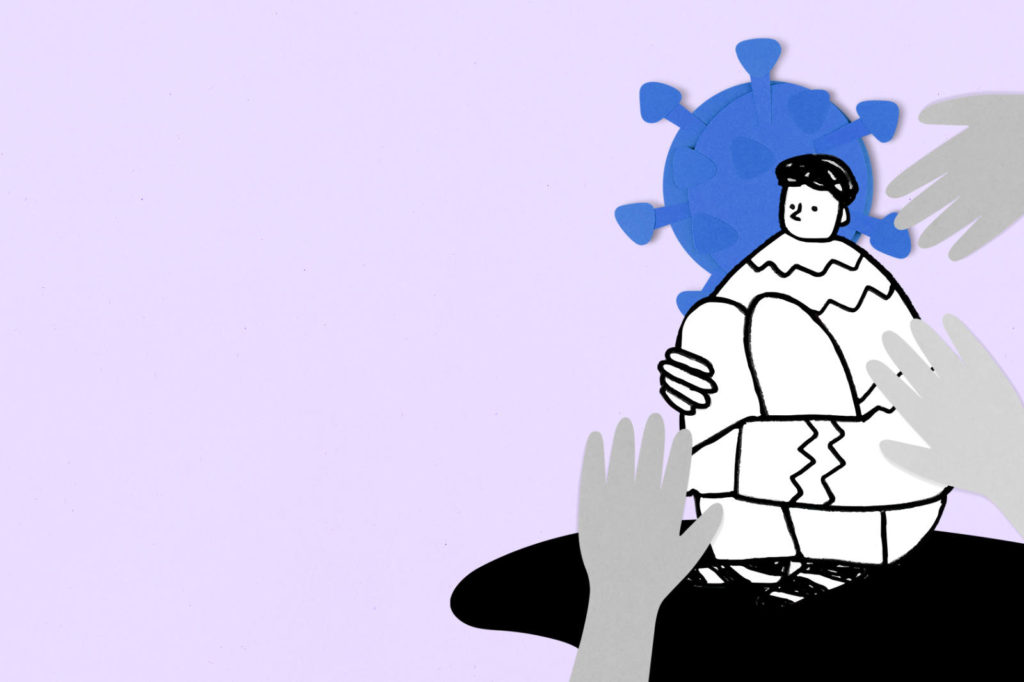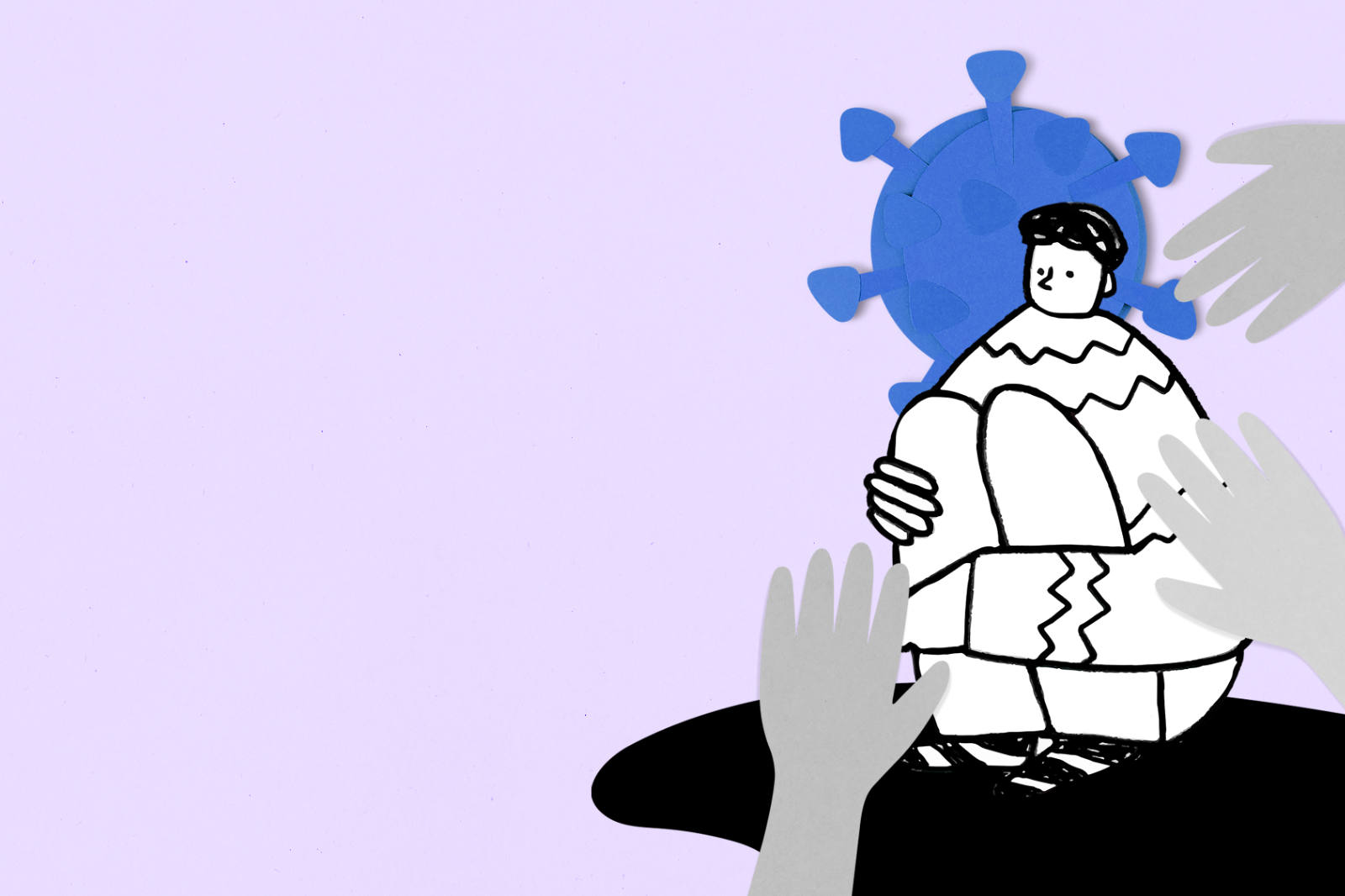
醫學博士約瑟夫.馬可拉 剛出版的新書(COVID-19的真相)裡有許多如何提升免疫力的建議, 這篇文章我先分享這一個,跟舒壓有關。
In this article, I share some of the advices from Dr. Joseph Mercola’s new book “The Truth about COVID-19”.
當您感到壓力時,您的免疫系統抵抗外來感染的能力就會降低。(*21) 壓力也會促進體內發炎(*22)。 壓力的一些影響是直接的。 例如,壓力大時身體釋放出來的 激素皮質醇會降低體內循環的抗感染淋巴細胞數量, 因而降低了人體免疫反應。 但壓力的影響也可能是間接的,例如干擾睡眠,或導致不健康的行為應對策略,如吃零食、飲酒和吸煙。 所以舒壓的技巧是防止壓力相關疾病的重要治療策略 (*23)。
When you’re stressed, your immune system’s ability to fight off infection is reduced.(*21) Stress also promotes inflammation.(*22) Some of the effects of stress are direct. For example, the hormone cortisol, released during moments of stress, can suppress an effective immune response by lowering the number of infection-fighting lymphocytes circulating in your body. But effects can also be indirect, such as interfering with sleep, or prompting unhealthy behavioral coping strategies like snacking, drinking, and smoking. Relaxation techniques are an important therapeutic strategy for stress-related diseases.(*23)
一項隨機對照試驗得出的結論是, 常運動或冥想的人比兩者都沒在做的人患嚴重急性呼吸道疾病的機率要少(*24) 。冥想、閱讀、聽音樂、從事吸引人的愛好、跟朋友交談 (即使是透過網路) 都可以幫助您放鬆。填字遊戲、戶外散步和練習瑜伽也是如此。 任何可以讓你完全投入並讓你暫時放空的事情都是放鬆,所以,找到適合你自己的方法吧。(小編註: 對大部分人而言,適度的運動是最有效的舒壓方法之一。)
One randomized controlled trial concluded that those who exercised or meditated had fewer severe acute respiratory illnesses than those who did neither.(*24) Meditation, reading, listening to music, engaging in an absorbing hobby, and talking to friends—even if it is across the internet—can all help you relax, as can crossword puzzles, walking outside, and practicing yoga. Whatever engages you fully and takes you out of your head for a while counts as relaxation, so find what works for you.
還有,不要低估三不五時把新聞頻道關掉的重要性。恐懼往往因錯誤信息的累積而久久不散, 久了就變成恐慌。 趕快做個決定:把負面新聞頻道關掉,或改變你所見所聞後內心的想法。
Also don’t discount the importance of simply turning off the news. Fear is often perpetuated by misinformation that feeds into panic. Make a decision to turn off negative news feeds or change your thoughts surrounding what you see and hear.
*21. S. K. Agarwal and G. D. Marshall, Jr., “Stress Effects on Immunity and Its Application to Clinical Immunology,” Clinical and Experimental Allergy 31 (2001): 25–31, https://media.gradebuddy.com/documents/1589333/fcfea000-0fb6-4dde-b786-dda6725fd20c.pdf
*22. Jennifer N. Morey et al., “Current Directions in Stress and Human Immune Function,” Current Opinion in Psychology 5 (October 2015): 13–17, https://doi.org/10.1016/j.copsyc.2015.03.007.
*23. Tobias Esch, Gregory L. Fricchione, and George B. Stefano, “The Therapeutic Use of the Relaxation Response in Stress-Related Diseases,” Medical Science Monitor 9, no. 2 (February 2003): RA23–34, https://pubmed.ncbi.nlm.nih.gov/12601303.
*24. Bruce Barrett et al., “Meditation or Exercise for Preventing Acute Respiratory Infection: A Randomized Controlled Trial,” Annals of Family Medicine 10, no. 4 (July 2012): 337–46, https://doi.org/10.1370/afm.1376.

